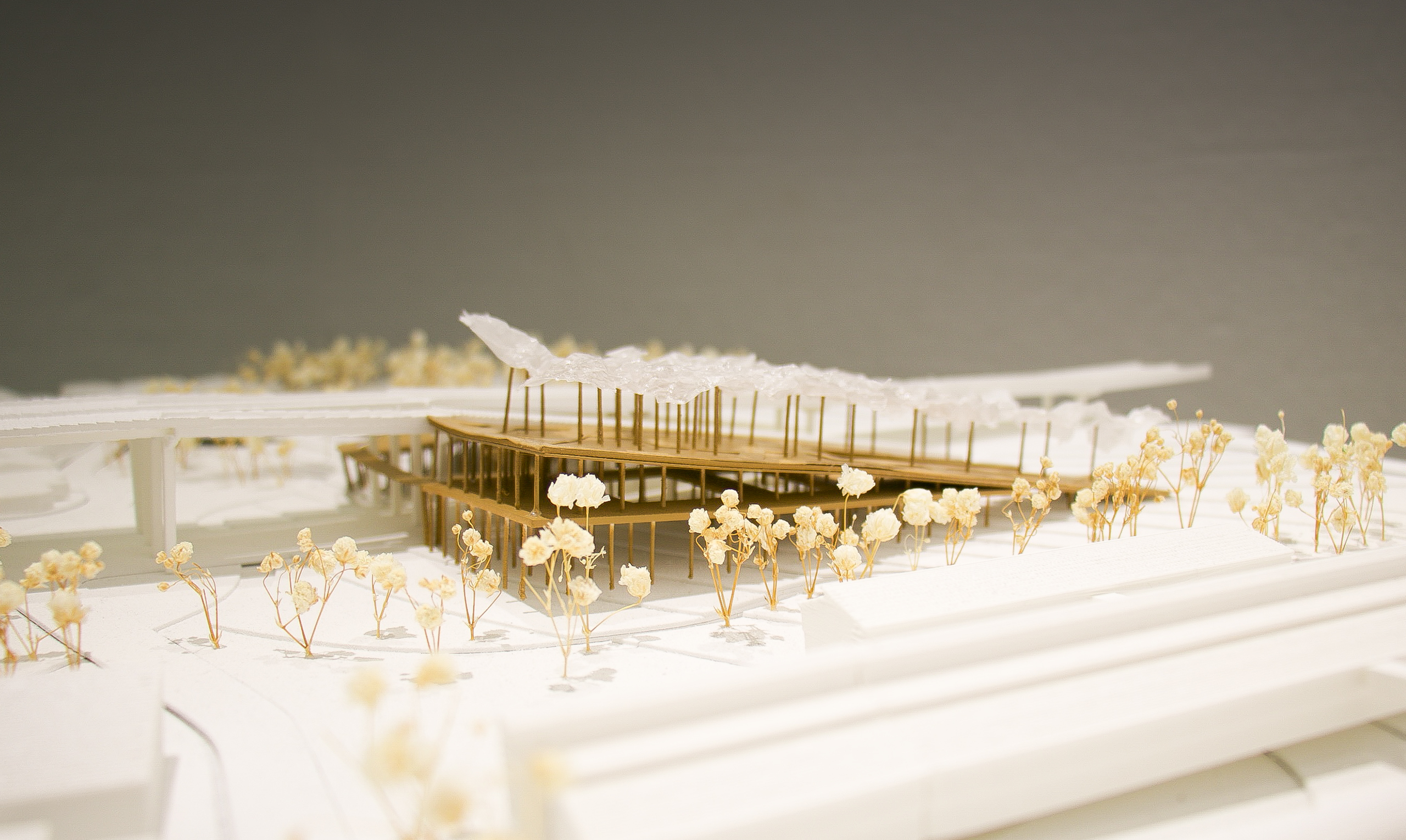The erasure of marginalized communities is commonly experienced as a byproduct of urban megaprojects because these hidden victims are perceived as unconventional and less controlled. El Triángulo de la Solidaridad – one of the largest informal settlements in Costa Rica – was demolished to make way for the Northern Ring Road. This thesis unveils the solidarity, joy, stories, and aspirations that once lived within El Triangulo de la Solidaridad and are now buried in the memories of its residents. It seeks to address the topic of the erasure of identity and the recognition of communities that have been sacrificed for urban transformation by reactivating the former site of El Triángulo as a public space to celebrate a community that has vanished physically but remains in spirit.
Essentially, this thesis aims to answer the following questions: What design strategies can be implemented to acknowledge the solidarity and identities within marginalized communities? How can we engage them with the rest of the city rather than being marginalized further?
Although it is not possible to bring back that community that once physically occupied the space, it is possible to recognize the narratives of the neighborhood and bring back a key quality that once defined the site, solidarity. By using the concepts of recognizing the past, and acting on the present, a vibrant public market is shaped, aiming to reclaim the solidarity that once defined the site by bridging people and communities together, fostering community engagement and collaboration.
This market proposal embodies a pop-up produce retail area, a dining section, a rooftop terrace, and an exhibition space that seeks to bridge communities together while recognizing past narratives and respecting existing conditions because producing the city should be constructive rather than relying on one being erased for another to exist. The past and the present must work in dialogue for an effective city that considers different narratives. All these narratives work in collaboration to form the city. As Teddy Cruz said, “Co-producing the city with others is an antidote to urban inequality.”1












